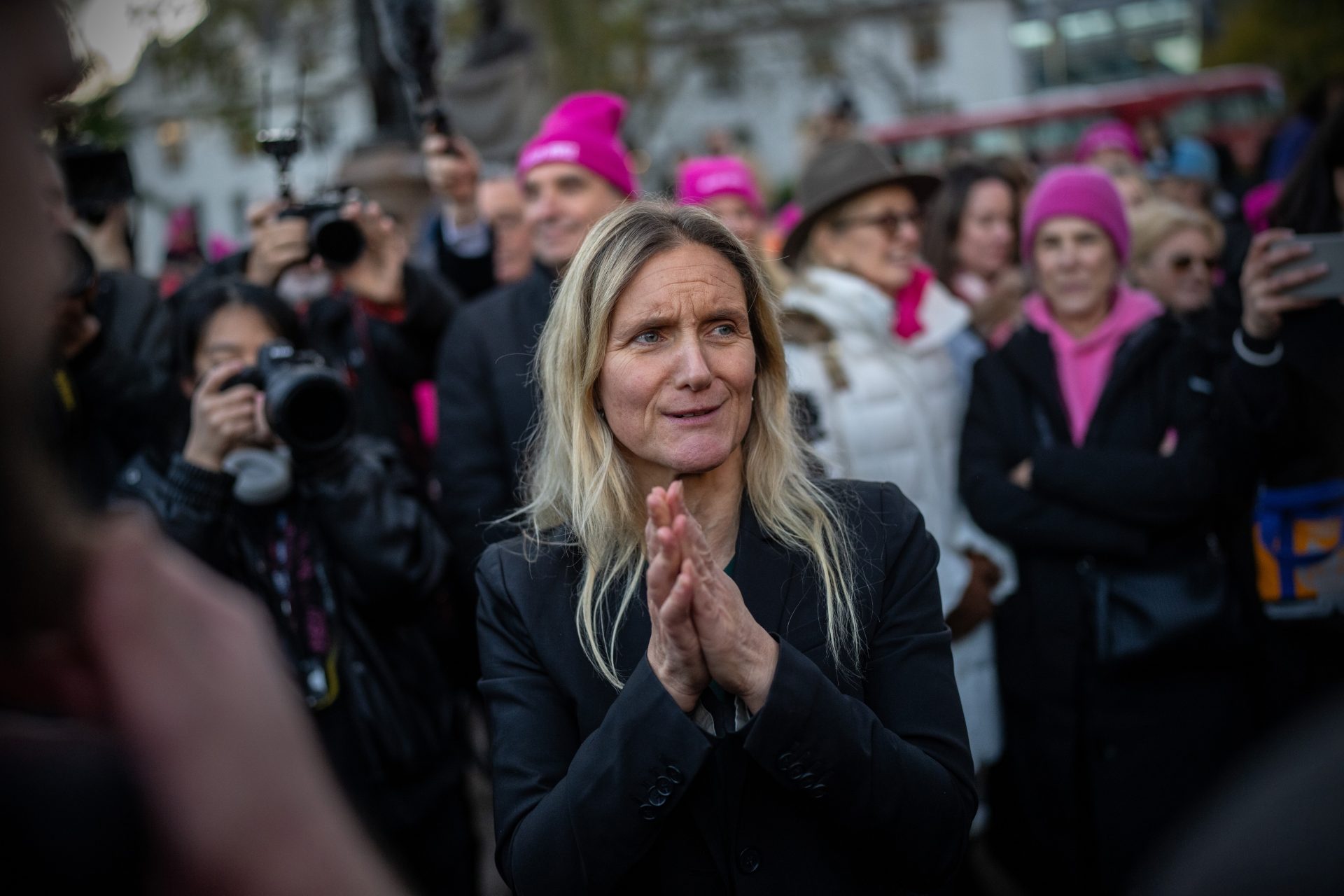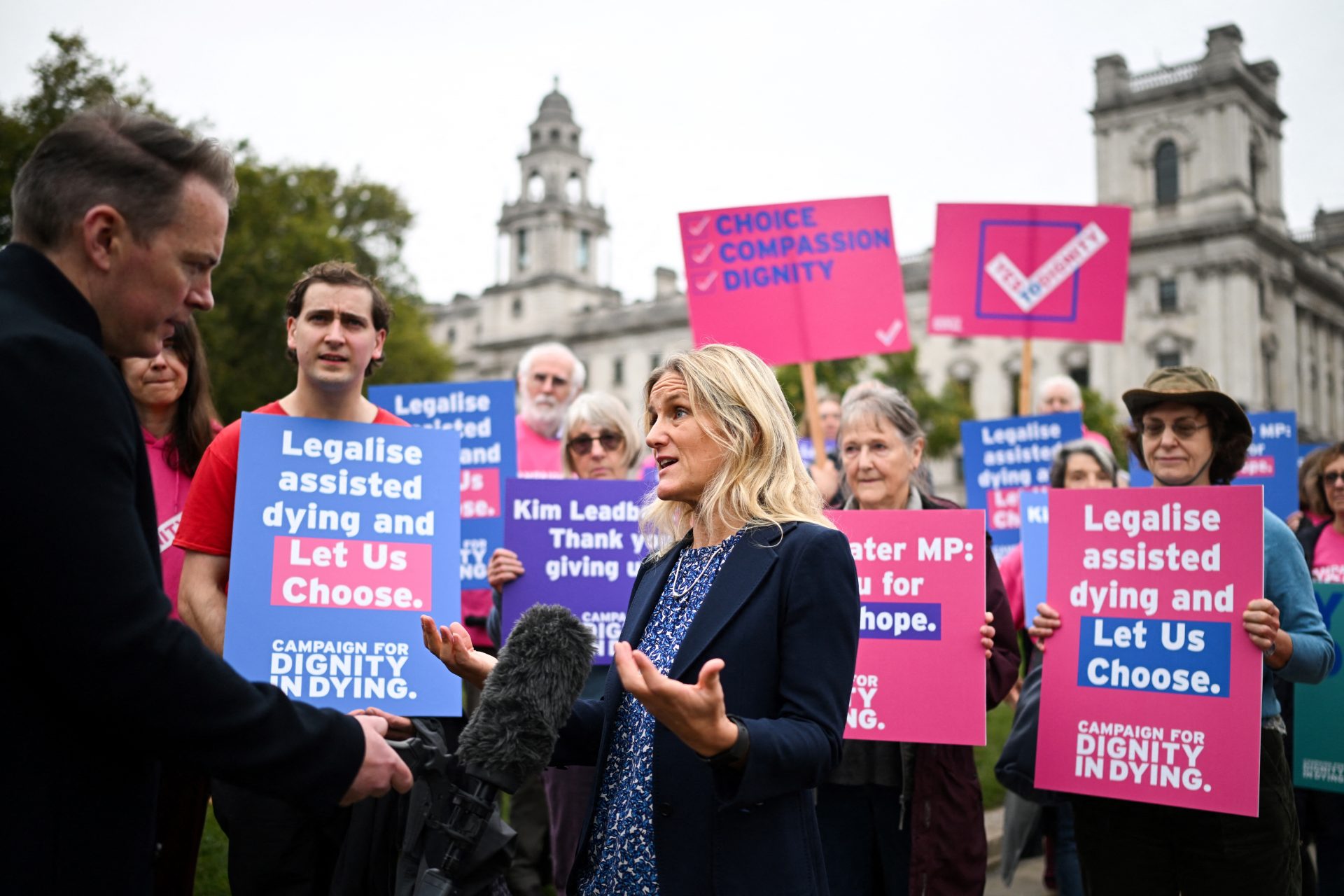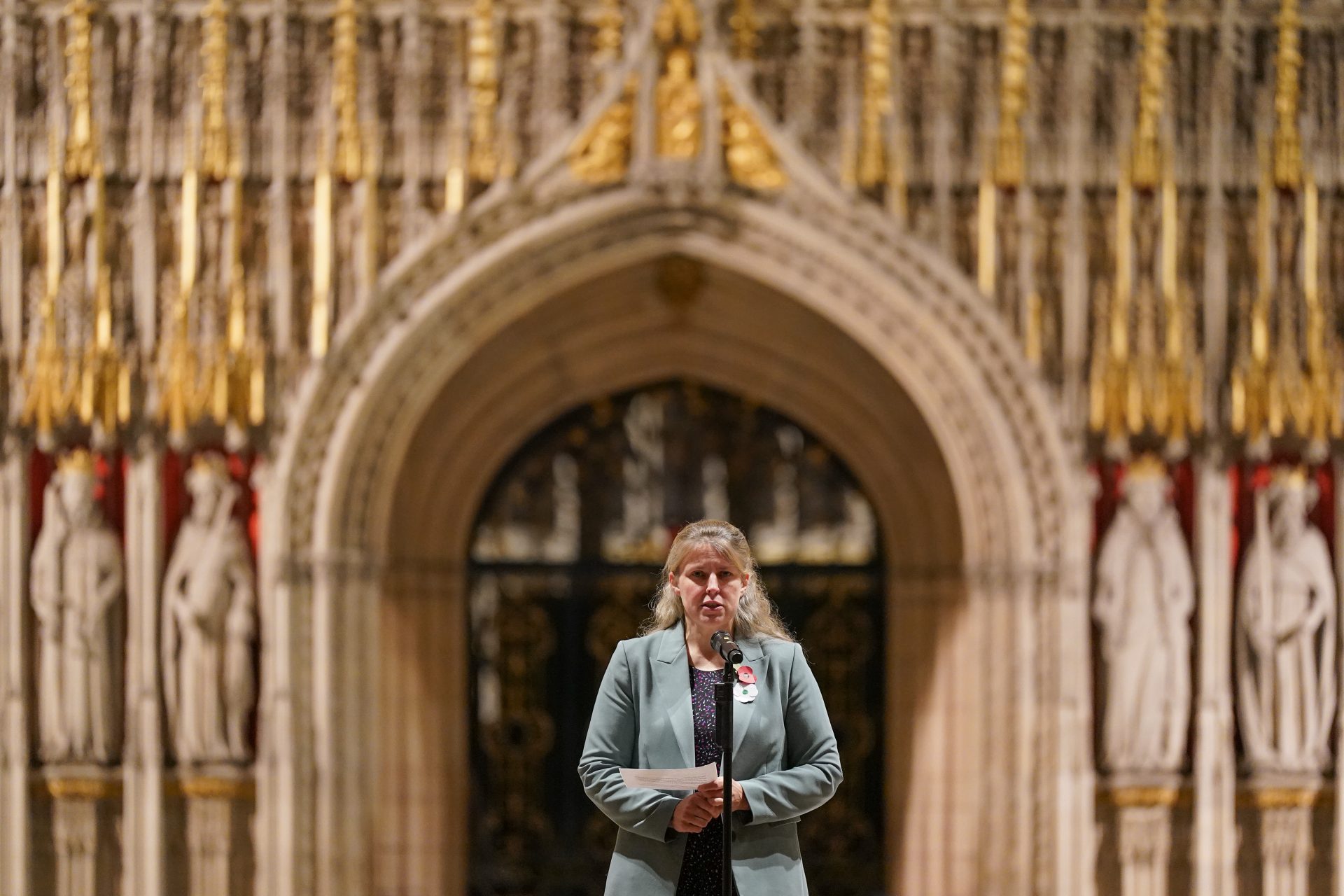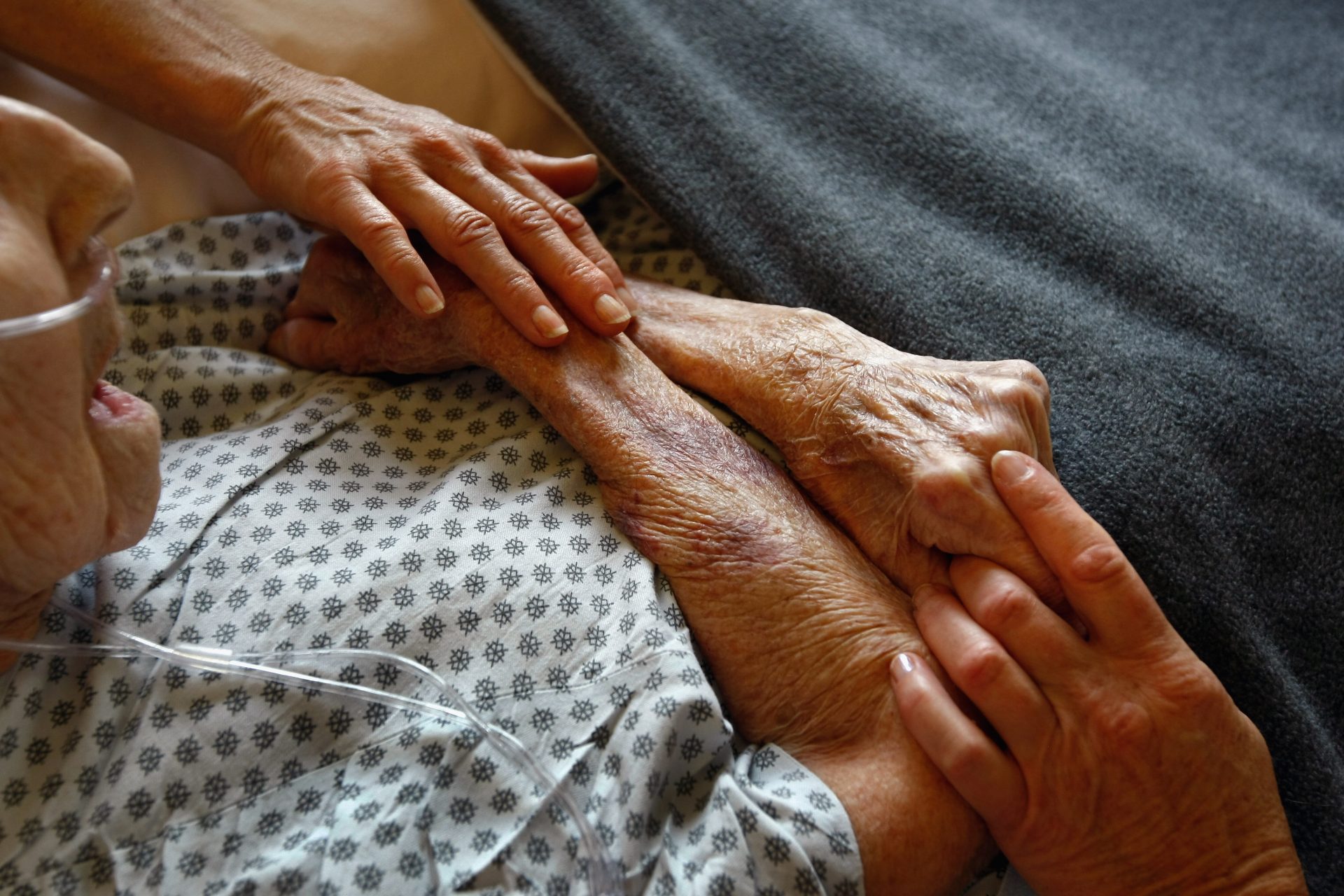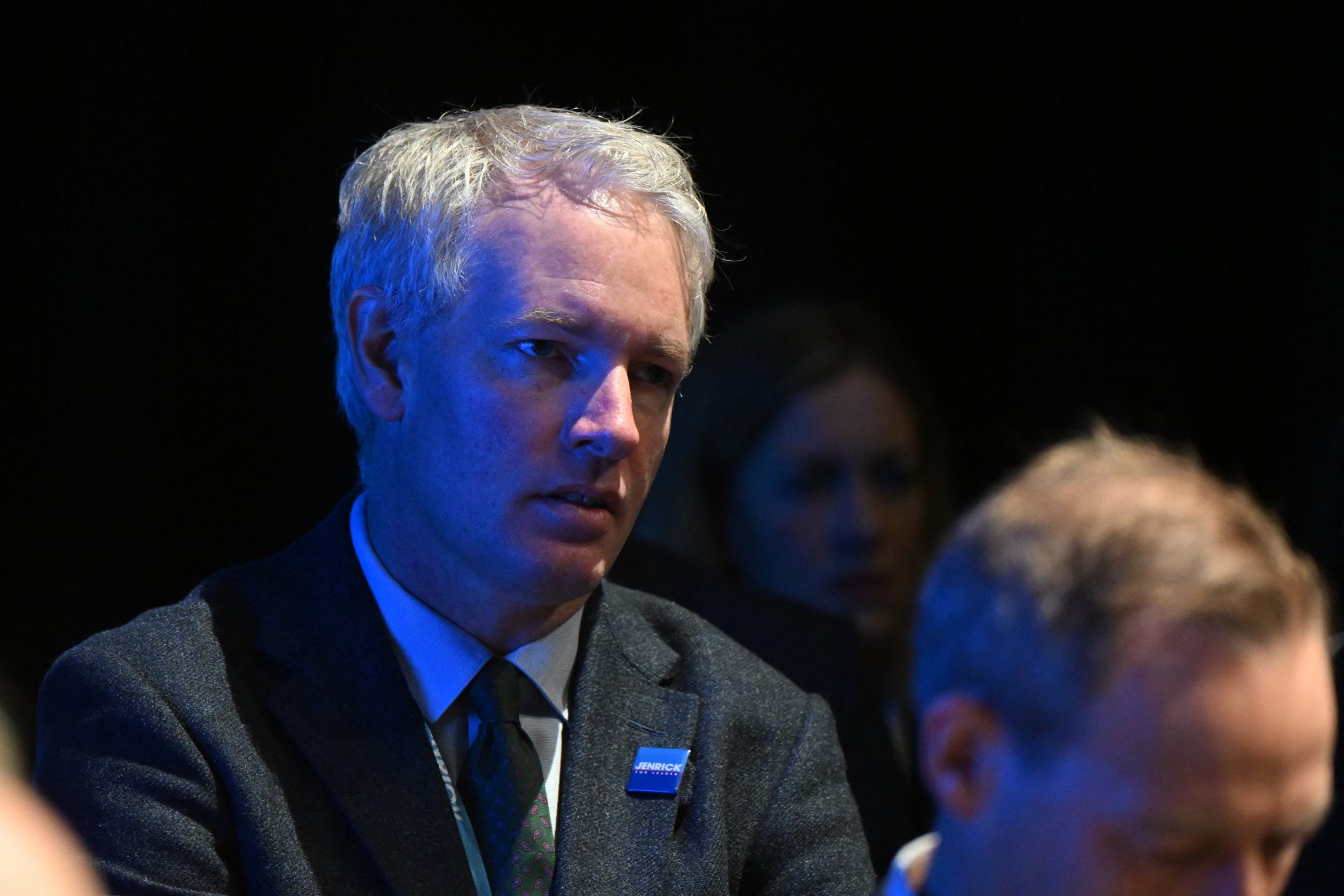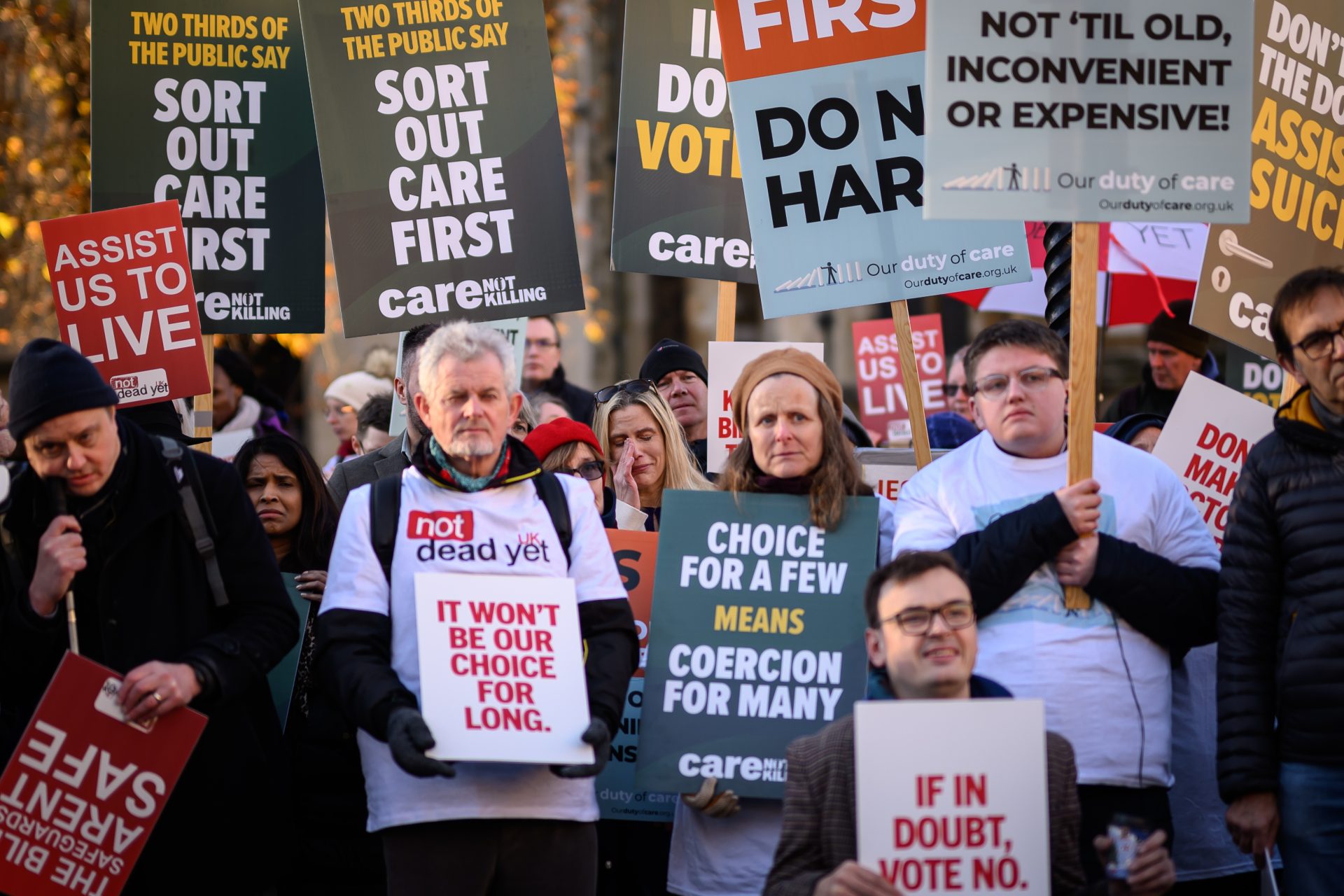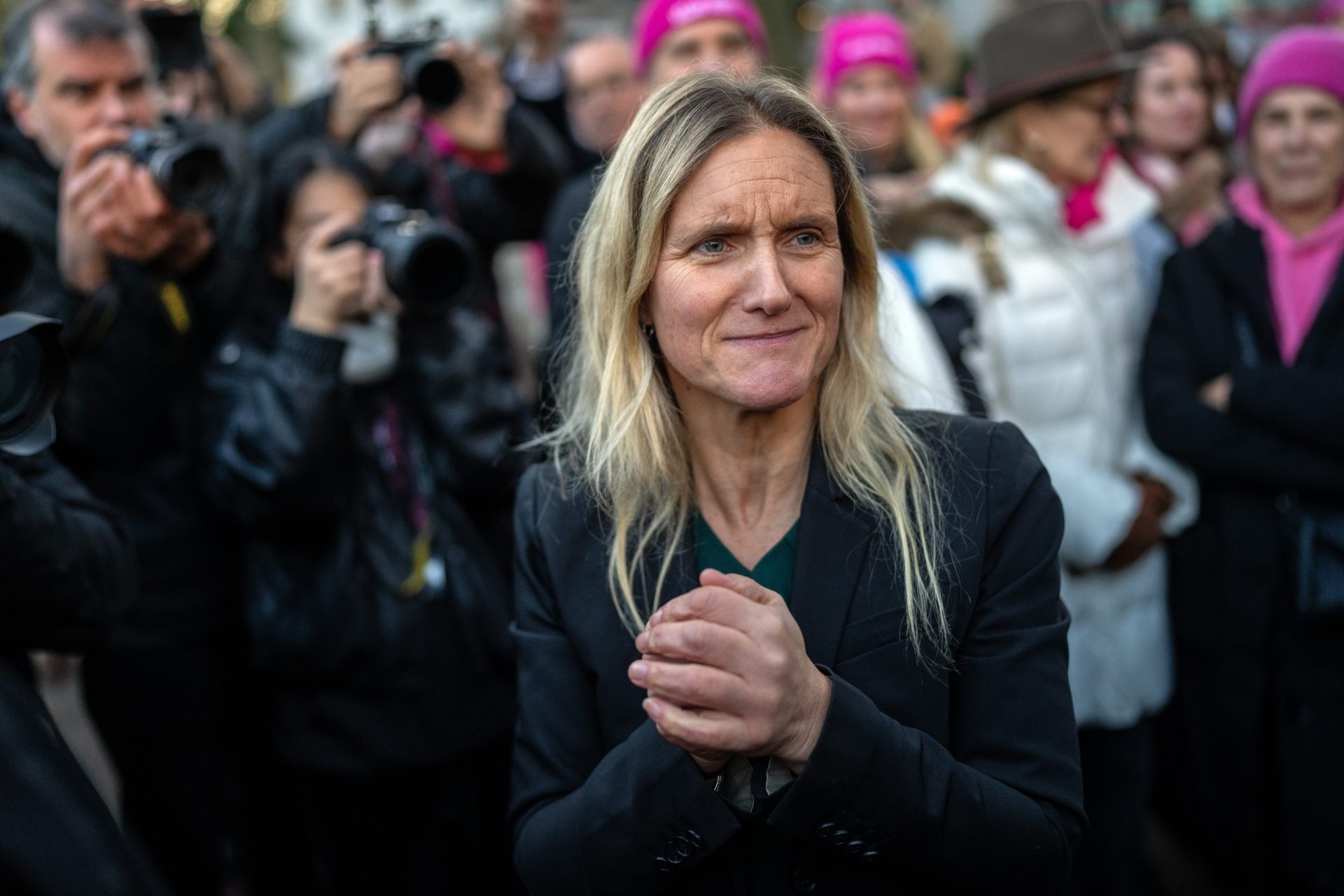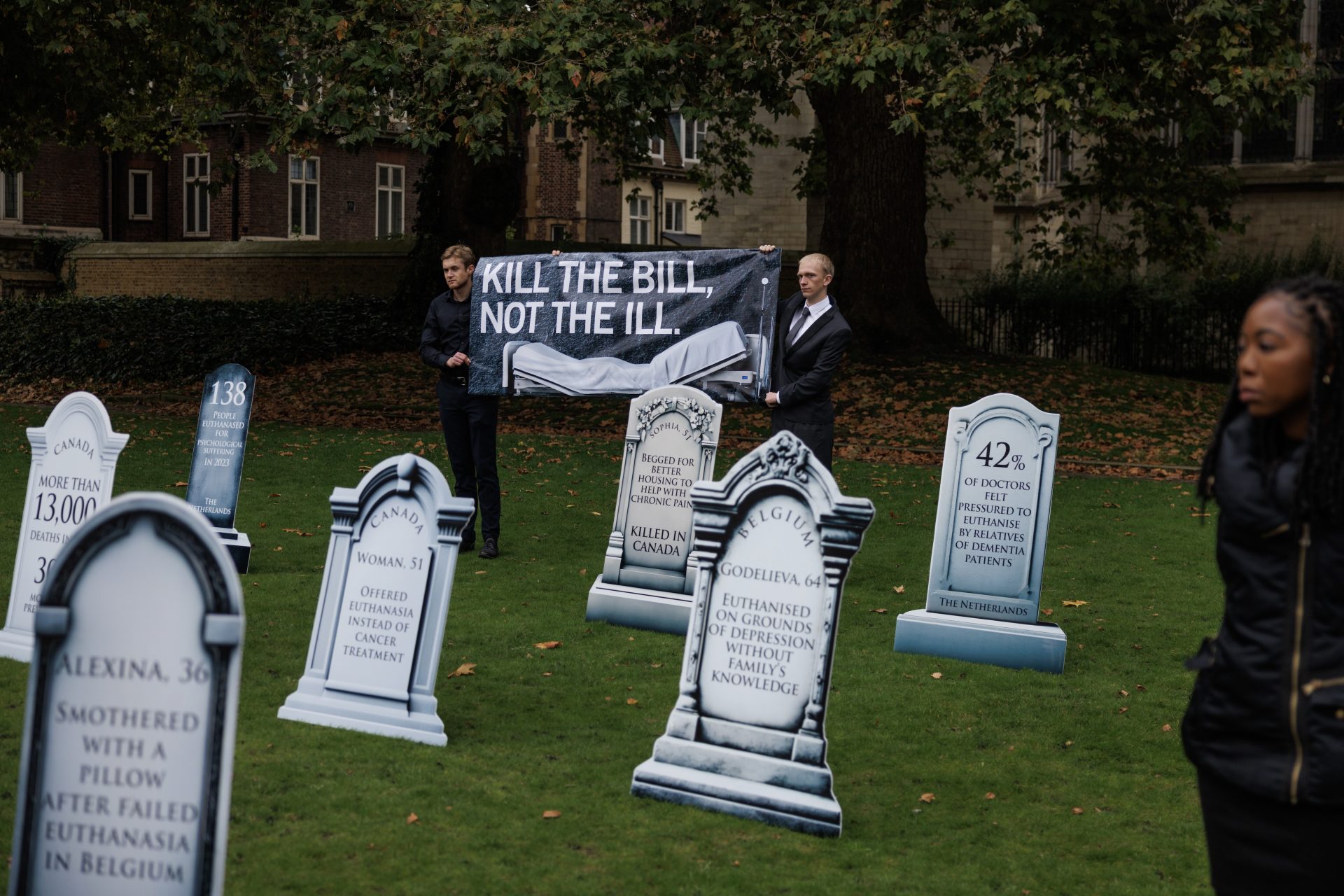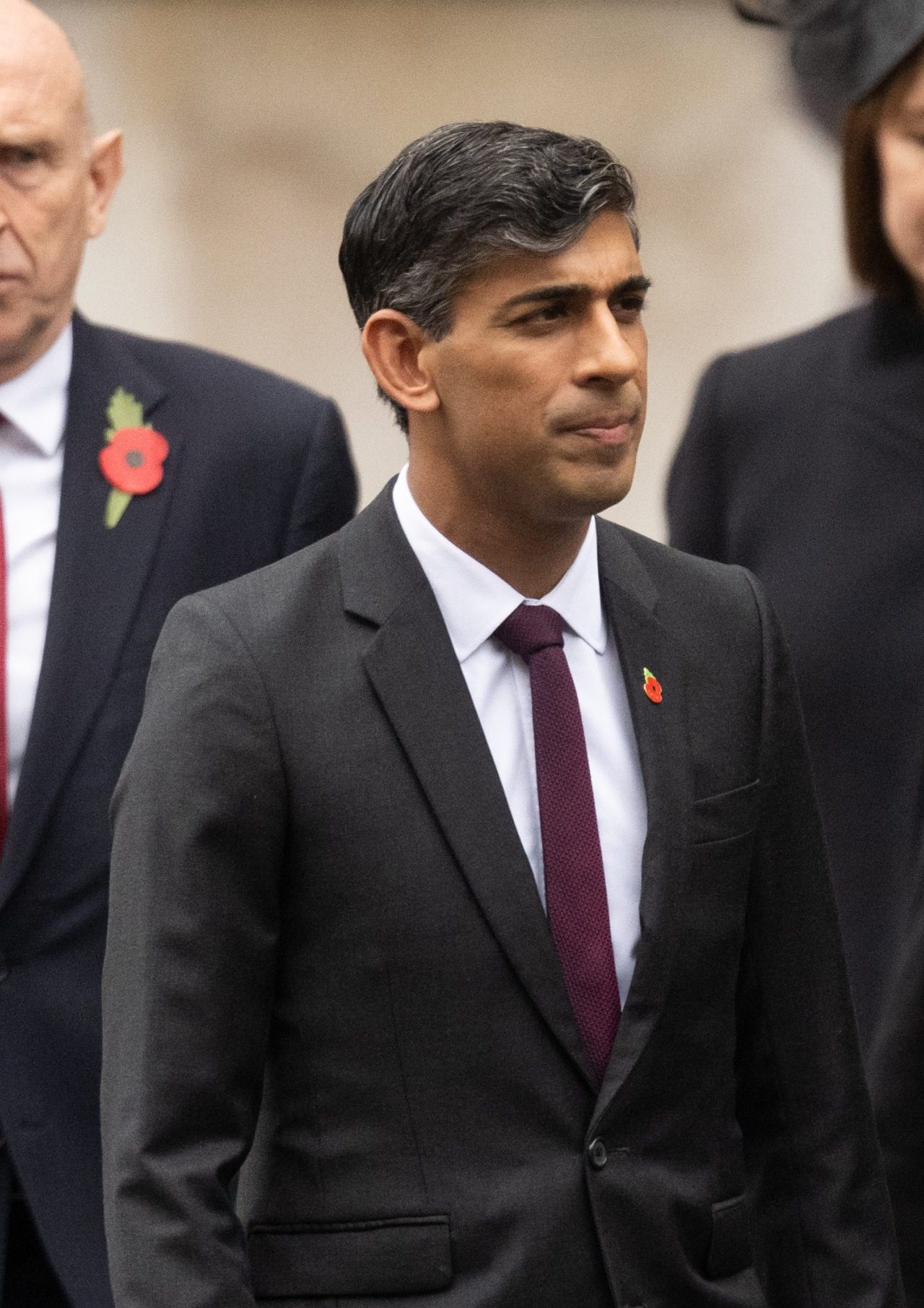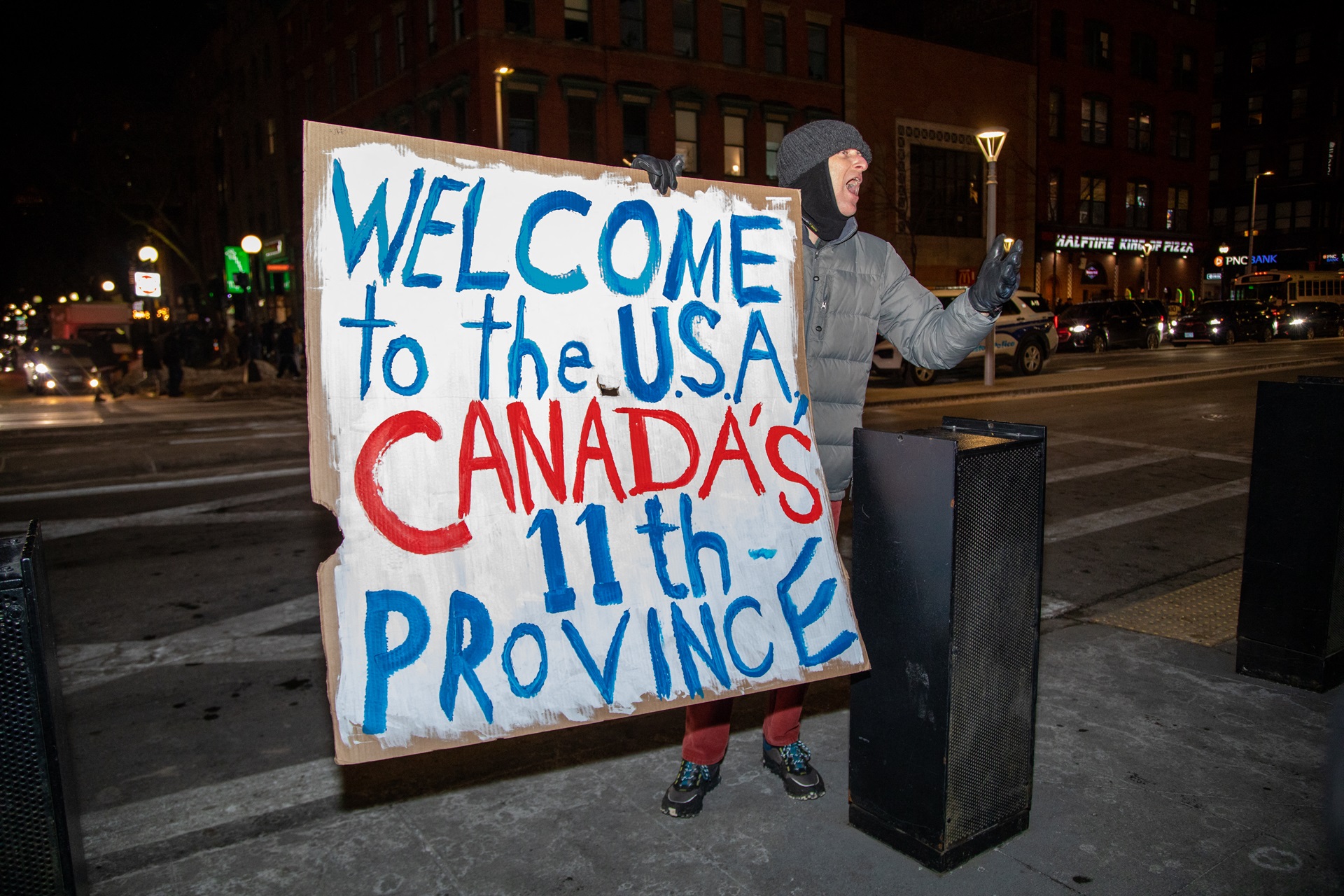2024 in review: when the UK voted for assisted dying
Britain moved to join a raft of countries that allow terminally ill people to end their own lives at the end of November after an assisted dying bill got 330 votes against 275 in the House of Commons.
The bill will mean Britain having a model similar to the US state of Oregon while stopping short of the Swiss, Dutch and Canadian models whose laws go beyond the terminally ill.
In the run-up to the vote, Rachael Maskell, a Labour MP who strongly opposed the bill, told CNN, “MPs are showing signs of stress, having to make this decision in such a short time frame.”
There was also concern that the terminally ill might opt for assisted dying to avoid becoming a burden on family members.
Voting against the bill was Conservative MP, Danny Kruger who said in the Financial Times that he was “very disappointed” with the result of the vote.
“There’s so much wrong with it,” he said. “All of the safeguards around coercion, around the definition of terminal illness, around capacity, around the way the judges work, around the way doctors work.”
But there are still many more rounds of voting before the Terminally Ill Bill becomes law, the BBC reported.
According to Labour MP Kim Leadbeater who introduced the bill, it could be at least two years before the bill becomes law.
“It is more important to get this right than to do it quickly,” said Leadbeater in the BBC, who was “a bit overwhelmed,” as the vote was counted.
If the bill clears all the hurdles ahead of it, terminally ill patients with only six months or less to live will be able to ask for help to die.
BBC TV presenter Esther Rantzen who has stage 4 lung cancer wrote in an open letter ahead of the vote: “The tragic truth is that no matter how excellent the palliative care is, it cannot prevent some kinds of suffering, fecal vomiting for example, or suffocating to death, or deep-rooted agony.”
Both the current Labour prime minister, Sir Keir Starmer and his Conservative predecessor Rishi Sunak backed the bill while far-right Reform UK leader Nigel Farage voted against as did current Conservative leader Kemi Badenoch.
More for you
Top Stories



